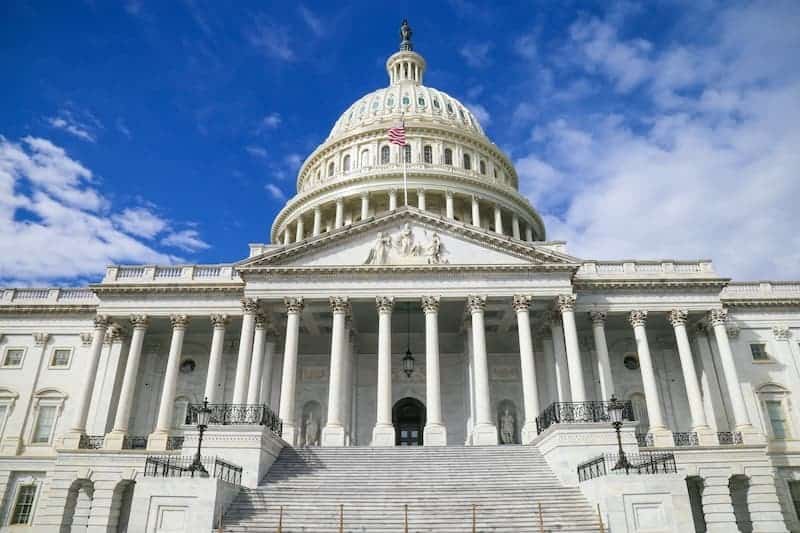
The House of Representatives passed a bill Friday in a 419-0 vote that would declassify intelligence collected by U.S. agencies related to the Wuhan Institute of Virology.
Director of National Intelligence Avril Haines would be required to declassify information about connections between COVID-19 and the lab complex at the pandemic’s epicenter within 90 days of the bill’s enactment, according to the bill text.
A companion bill passed the Senate unanimously last week. The bill now must receive a signature from President Joe Biden.
The renewed effort to declassify information related to the Wuhan Institute of Virology follows reports that the Department of Energy’s sophisticated Z-Division made a new assessment with low confidence that the pandemic originated with a research related incident.
Biden asked the intelligence community to conduct a 90-day review of all possibilities related to the pandemic’s origins in 2021, but the final report was inconclusive. Four intelligence agencies assess with low confidence the pandemic originated from nature, while the Federal Bureau of Investigation’s forensic scientists assess with moderate confidence that the pandemic originated in a laboratory.
In an op-ed Thursday, former Director of National Intelligence John Ratcliffe and deputy director of national intelligence for strategy and communications Cliff Sims said that their earlier efforts to declassify intelligence related to the origins of the pandemic were stymied from within the intelligence community, particularly by the Central Intelligence Agency.
The bill that cleared the House Friday points in particular to allegations that researchers at the Wuhan Institute of Virology fell ill in late 2019, intelligence about coronavirus research undertaken at the lab before the pandemic’s outbreak, and connections between the lab and the People’s Liberation Army.
The bill does not declassify all information related to the COVID-19 origins investigation. The language of the bill has ambiguous implications for intelligence related to American institutions that funded virology research in Wuhan, China. For example, the National Institutes of Health funded research that amplified the infectivity or virulence of coronaviruses in Wuhan, while the U.S. Agency for International Development funded the discovery of novel coronaviruses. The bill also has unclear implications for information related to a Wuhan Center for Disease Prevention and Control lab near the wet market where, according to some virologists, the earliest cases clustered.
The bill’s unanimous passage represents a departure for Democrats, who have stymied investigations into the matter across several House and Senate committees for years.
After years of delay, the House Republicans relaunched fledgling COVID-19 origins investigations soon after they received the gavel in January. Congressional investigators across multiple committees have been collecting evidence for years, but were hamstrung by Democrats in the majority.
Sen. Rand Paul, R-Ky., said in a tweet Thursday that he has not attracted bipartisan support for more than two dozen letters demanding more information from U.S. agencies about the origins of COVID-19.
At a hearing Wednesday probing allegations that leaders of the NIH improperly used their influence to obscure the possibility of a lab origin of COVID-19 in early 2020, Democrats devoted many of their questions to a controversial non-pandemic book written by one of the witnesses.
Congressional Republicans have raised questions about the integrity of the experts tapped by the intelligence community for their assessment because their names and credentials were not disclosed to Congress. One virologist consulted by the intelligence community, according to Ratcliffe and Sims, has been at the center of controversy over his private communications in early 2020. The virologist said that he could not “figure out how [the virus’ receptor binding domain] gets accomplished in nature” but did an abrupt about-face after a confidential meeting with leaders of the NIH.









